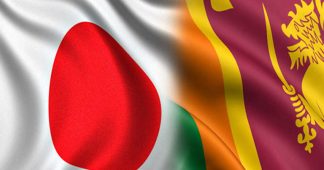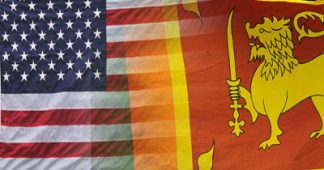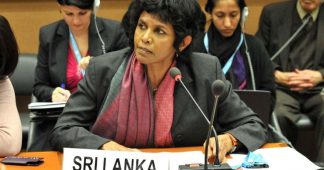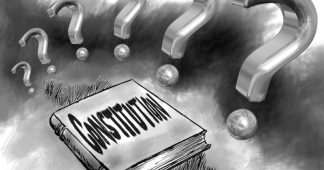Prevailing media narrative does not reveal the internal tensions and external pressures that saw former PM Ranil Wickremesinghe sacked -New leader Mahinda Rajapakse’s budget, due later this month, could legitimise his rule
By 06 November, 2018
On the night of October 26, most Sri Lankans were taken by surprise when President Maithripala Sirisena named his former leader and later political foe Mahinda Rajapakse as Prime Minister. Within minutes, celebratory firecrackers were lit across the country, as Rajapakse is still widely popular, especially among the Sinhalese majority, for having brought peace to a nation rocked by a 30-year civil war.
But the news flashed across the world by the Western-dominated international media was different. They depicted the President’s move as dipping Sri Lanka into a new era of “dictatorship” and possible violence, going back to the old narrative of Rajapakse as a “ruthless” human rights violator and war criminal. They went to the sacked prime minister Ranil Wickremesinghe, still holed up in his official residence refusing to quit, and his supporters including Western-funded NGOs, for quotes that fit their narrative.
Wickremesinghe, who comes from an Anglicised, urban background, is widely unpopular with the predominantly Sinhala Buddhist majority because he is seen as unable to connect with them and too aligned with Western, Christian interests. He is more comfortable speaking in English than in the native Sinhala language. President Sirisena, who is the son of a rural Sinhalese Buddhist rice farmer, is poles apart culturally, and when both of them came together to defeat Rajapakse in 2015, many people wondered how long the alliance could last.









